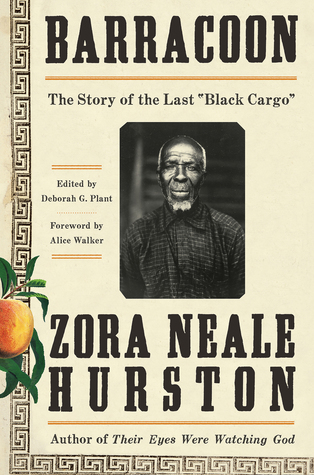More on this book
Community
Kindle Notes & Highlights
Read between
February 17 - February 27, 2020
African chiefs deliberately set out to capture Africans from neighboring tribes,
What is a Maestrapiece? It is the feminine perspective or part of the structure, whether in stone or fancy, without which the entire edifice is a lie.
Life, inexhaustible, goes on. And we do too. Carrying our wounds and our medicines as we go.
European and American ships were still finding their way to ports along the West African coast to conduct what was now deemed “illegitimate trade.”
largely British-led effort,
ambivalent
enslavement of their prisoners perceived as essential to their traditions and customs,
the entire tribe was wiped out by the Dahomey troops.
The dialect was a vital and authenticating feature of the narrative.
primitive peoples
the abolitionists would never achieve their ends.
part of the traders’ policy to instigate the tribes against each other,”
Doan you know we got law for people dat work juju? You ain’ supposed to kill de man.’
“In Afficky de law is de law an’ no man cain make out he crazy lak here, an’ get excusee from de law.
He make us strong so nobody doan make war on us.
De king of Dahomey come to hunt slave to sell.
Dey know it be takin’ advantage if dey make war when nobody in charge.
Oh Lor’, I so shame! We come in de ’Merica soil naked and de people say we naked savage.
dey skeered de gov’ment goin’ rest dem for fetchin’ us ’way from Affica soil.
Den somebody tell me de folkses way up in de North make de war so dey free us.
but nobody don’t come tell us we free. So we think maybe dey fight ’bout something else.
but I doan love my wife no mo’ wid de license than I love her befo’ de license. She a good woman and I love her all de time.
Dey tell whut de savages do to dem, just lakee we ain’ gottee no feelings to git hurtee.
He make out he skeered my boy goin’ shoot him and shootee my boy down in de store.
my people had sold me and the white people had bought me.
Africatown “was not conceived of as a settlement for “‘blacks,’ but for Africans.”45


